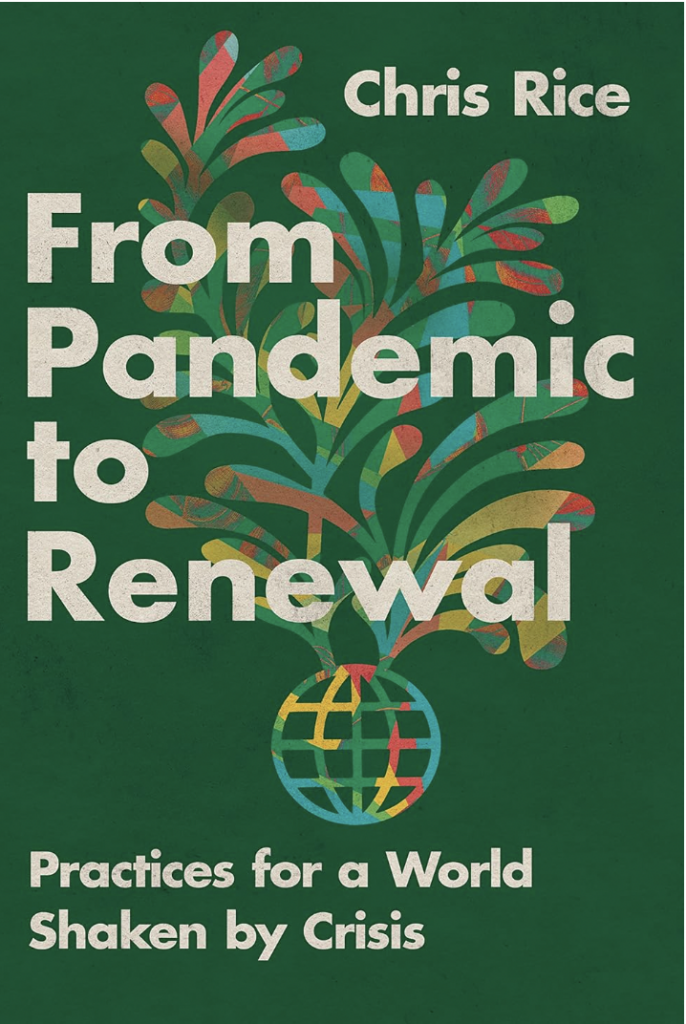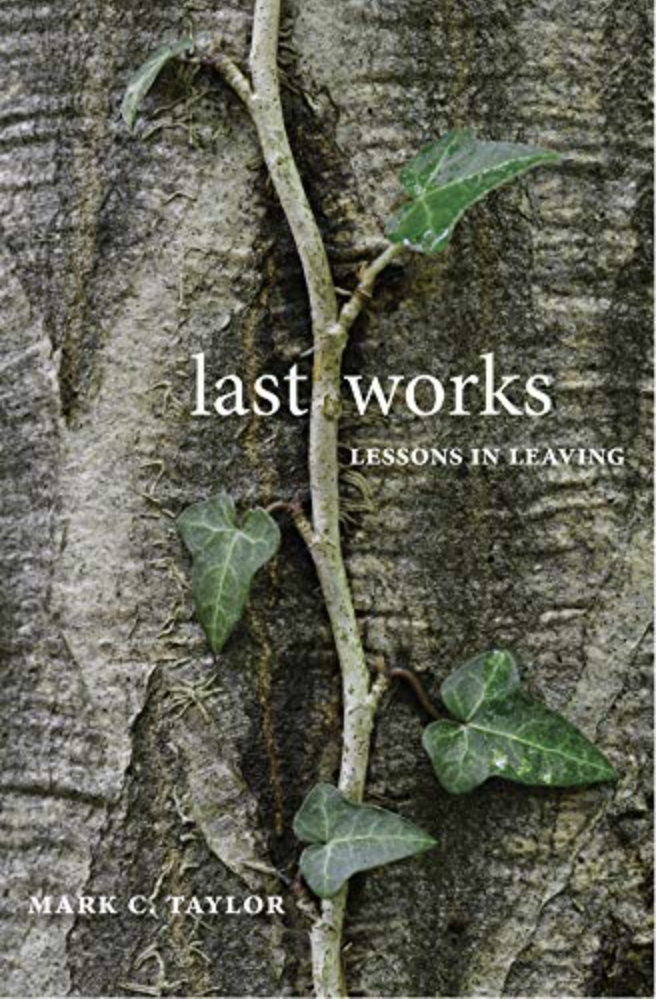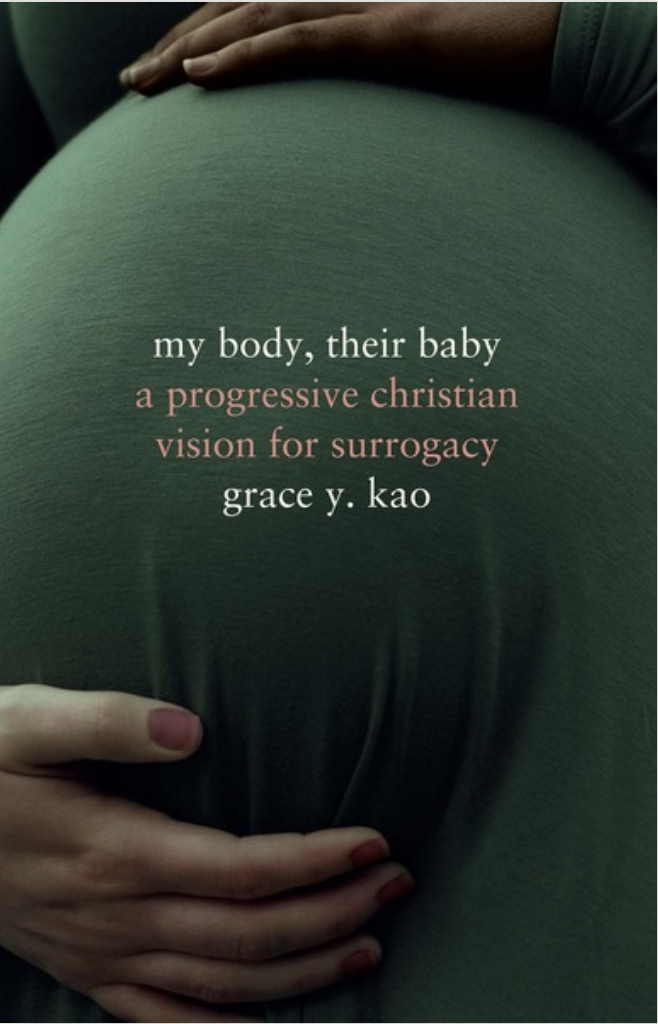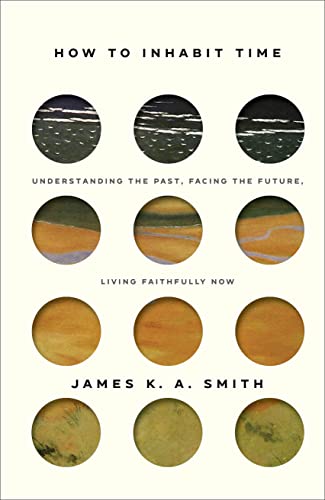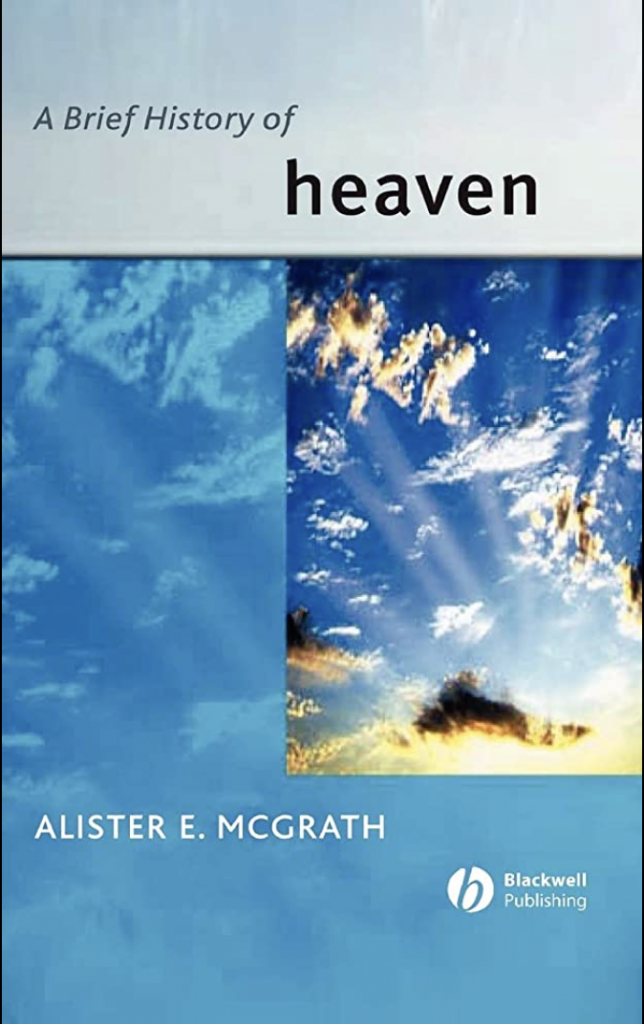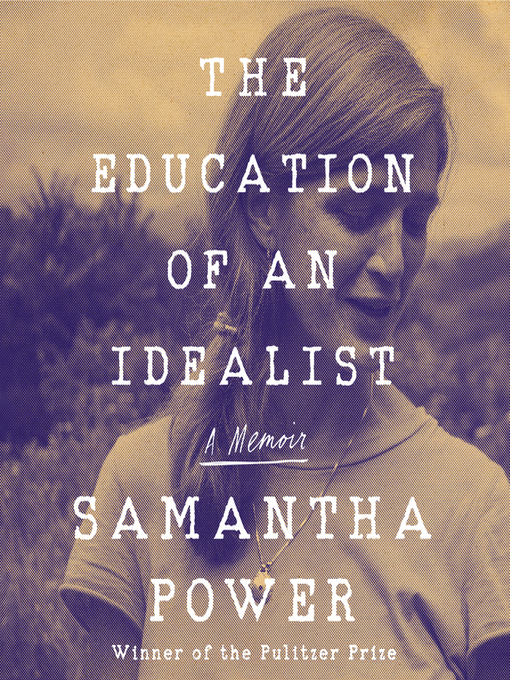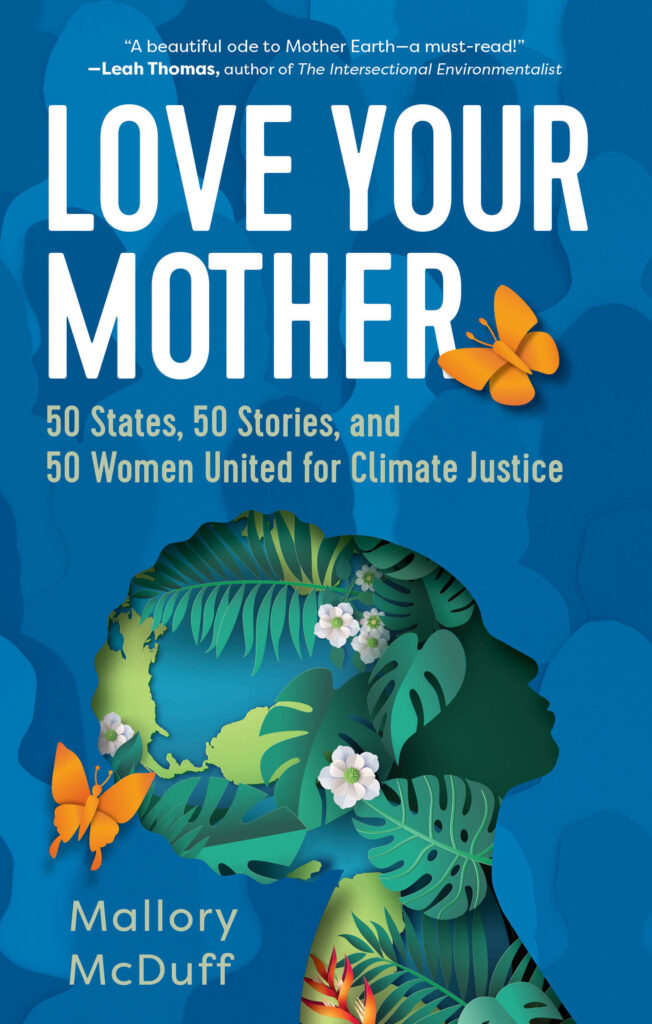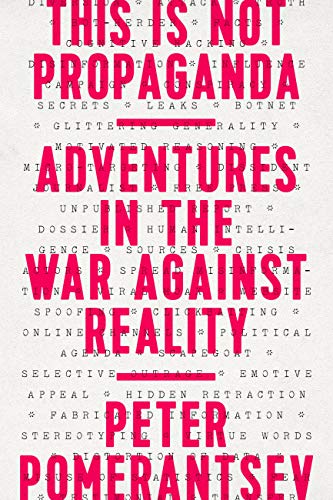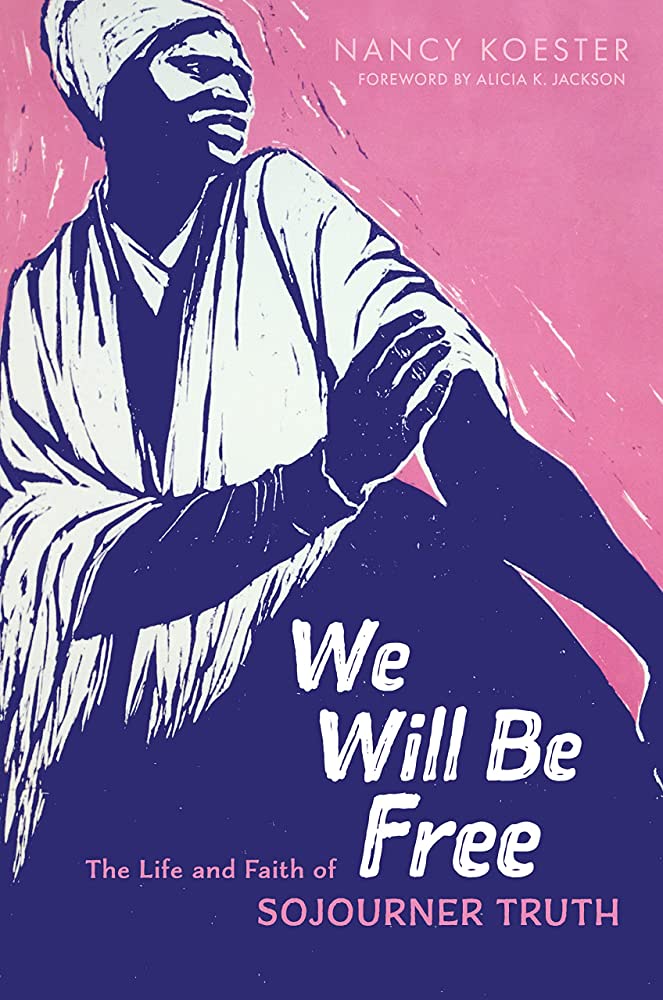Faith in the Aftermath of a Global Crisis
Chris Rice is confronting a world utterly changed by disease, death, and division in From Pandemic to Renewal: Practices for a World Shaken by Crisis. In the wake of the COVID-19 pandemic, Rice recognizes that things can never go back to the way they once were. However, he believes that such a crisis calls for a renewed relationship between God and humanity. The pandemic brought to light and exasperated various global issues, and Rice considers eight of these in his book with meaningful perspective on their implications to our faith lives. Drawing from his own experience in international and humanitarian relief, Rice offers a tangible vision and advice for redeemed relationships informed by our changing world.
Chris Rice is the director of the United Nations Office of the Mennonite Central Committee, where he promotes peace and reconciliation across the world through advocacy and education. He was the cofounding direction for the Duke Divinity School Center for Reconciliation, and his work has led him to east Africa, Northeast Asia, and the American South. His other works include Reconciling All Things: A Christian Vision for Justice, Peace and Healing (2009), More Than Equals: Racial Healing for the Sake of the Gospel (2021), and his memoir Grace Matters: A Memoir of Faith, Friendship, and Hope in the Heart of the South (2003).
Reviews and endorsements of the publication include:
“For the first time in the eight decades since World War II, the entire world has been affected by the same devastating crisis at the same time.’ These words written by Chris Rice highlight the unique moment we have journeyed through. But this moment―in a culture that quickly and mindlessly moves on―requires sustained reflection on the ways the global pandemic has shaped and continues to shape our lives. With clarity of vision and actionable practices, Chris powerfully explores the ways we are globally connected as well as the opportunities for renewal that are before us. This is a book we all need, every single one of us.”
-Rich Villodas, lead pastor of New Life Fellowship and author of The Deeply Formed Life
“In the midst of crisis, the church finds an opportunity. My friend Chris Rice has written a text that shines the moral lens of our Christian faith on the complex social reality we find ourselves in as a church. Chris offers a compelling and hopeful vision of how spiritual practices can provide the power and opportunity for Christian witness. He offers the possibility of hope even in these challenging times.”
-Soong-Chan Rah, Robert Munger Professor of Evangelism at Fuller Theological Seminary and author of Prophetic Lament
“This is a book of honest, truth-seeking stories and practices emerging from and leading to a life of spiritual alertness. In a time when many of us are going numb, with consequences that can only be fatal on a massive scale, Chris Rice is throwing us a lifeline. Read this book slowly, in the company of others, to explore how the personal, relational, political, and structural dimensions of essential change connect for each one of us.”
-Ellen F. Davis, Amos Ragan Kearns Distinguished Professor of Bible and Practical Theology at Duke Divinity School
For more information on the publication, click here.

